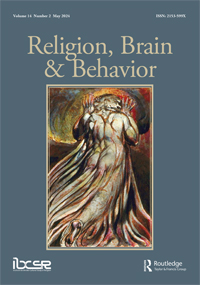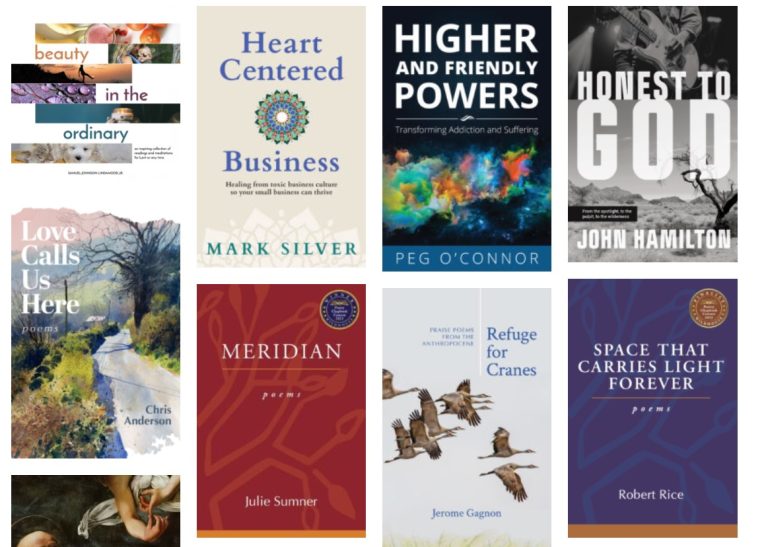
The academic journal Religion, Brain, & Behavior, co-sponsored by CMAC’s Institute for the Bio-Cultural Study of Religion (IBCSR) since its founding in 2011, has had a major impact on the scientific study of religion. What does a typical journal issue contain? The June 2024 issue (Volume 14, Issue 2) gives a good idea of what RBB has to offer.
In the first article of this issue, Andrew Ross Atkinson delves into the murky history of a key concept in the cognitive science of religion: the idea of a hyperactive agency detection device (HADD) in the human mind that is a key source of religious beliefs. As it turns out, it is unclear exactly which scholar should have primary credit for developing the concept. Atkinson also goes into some detail about how HADD should be defined and its implications.
In the second issue article, Edward Slingerland, W. Willis Monroe, and Michael Muthukrishna describe the challenges involved in designing the Database of Religious History (DRH), a major online database for studying cultural evolution, including the evolution of religion. They get into the information science decisions that come along with structuring a database and how to make it useful for researchers.
The third article, by Andreas Nordin, uses ethnographic research from Nepalese Hindus to study the relationship between human cognition and the cultural transmission of ideas about divination. Nordin especially focuses on reports that supernatural agents were present in dreams.
In the issue’s target article, Theiss Bendixen and several co-authors report on a study of variation in beliefs about gods across eight culturally distinct locations around the world. They highlight the relevance of ecology (local challenges and concerns) in shaping beliefs about gods to be helpful with local contextual issues. They argue that their findings show that deities are consistently portrayed and perceived in ways that facilitate social cooperation.
As with all RBB target articles, several short responses are presented, from seven scholars who critique and engage with different aspects of the article by Bendixen and colleagues. Two the original authors, Bendixen and Benjamin Purzycki, respond to these commentators on issues including the roots of cross-cultural variation in cultural evolution, the relation between beliefs and behaviors, and the impact of skepticism on beliefs about gods.
Together, these articles give a good idea of the breadth of research published by RBB.



